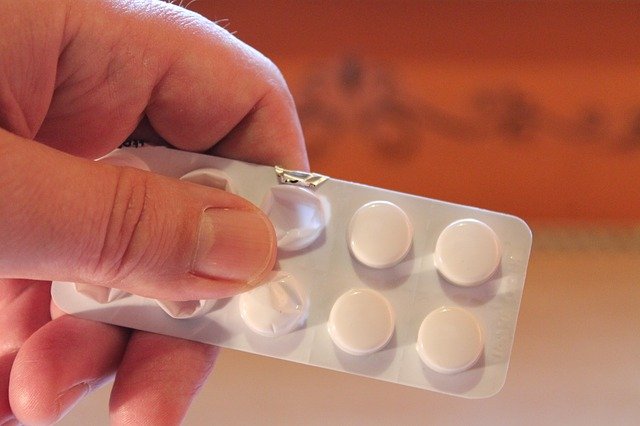
In a recent study, researchers found a daily intake of the non-prescription NSAID ibuprofen could help prevent Alzheimer’s disease if started early enough.
The research was conducted by a Vancouver-based research team.
Alzheimer’s disease harms about 47 million people worldwide, according to the World Alzheimer Report 2016.
In the U.S., there are more than 5 million people affected by this disease. It is the fifth leading cause of death in those aged 65 or older.
Previous studies have shown that the disease costs healthcare systems worldwide more than US$818 billion every year.
For example, in 2017, the annual cost to the country was about $259 billion. The figure may rise to $1.1 trillion by 2050.
Previously, the team had shown that a simple saliva test could diagnose and predict Alzheimer’s disease.
The test could measure the peptide amyloid beta protein 42 (Abeta42) secreted in saliva.
The rate of Abeta 42 production is almost exactly the same in healthy people regardless of sex or age.
But in people who will develop Alzheimer’s, the rate of Abeta 42 can be two to three times higher.
In the current study, the team found the test helped them to start early preventive method such as consuming non-prescription NSAIDs like ibuprofen.
The prevalence of clinical Alzheimer’s Disease commences at age 65, and the team suggests people test their brain health ten years before, at age 55, when the disease may start to grow.
If people can use the saliva test to test their Abeta42 rate in the body, then they can know if they will develop Alzheimer’s and can start taking actions.
The current findings suggest that it is possible to ward off Alzheimer’s disease by taking an over-the-counter medication.
The lead author of the study is Leor S. Weinberger, Ph.D. from UCSF Center for Cell Circuitry.
The study is published in the Journal of Alzheimer’s Disease.
Copyright © 2019 Knowridge Science Report. All rights reserved.



